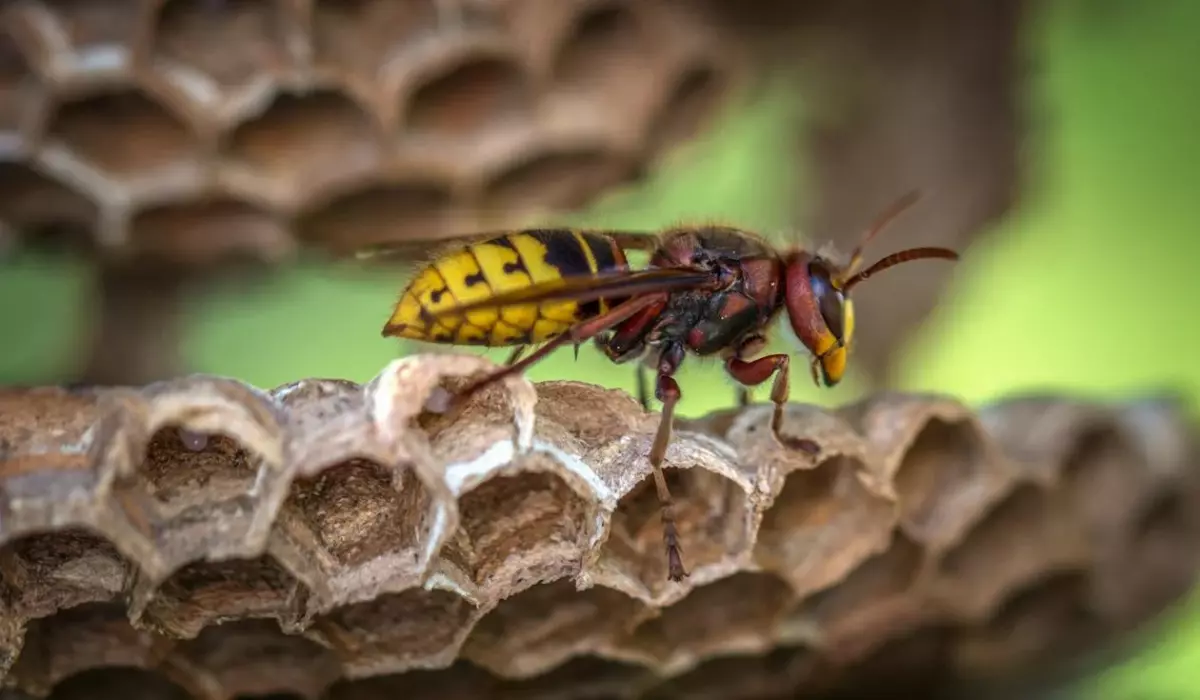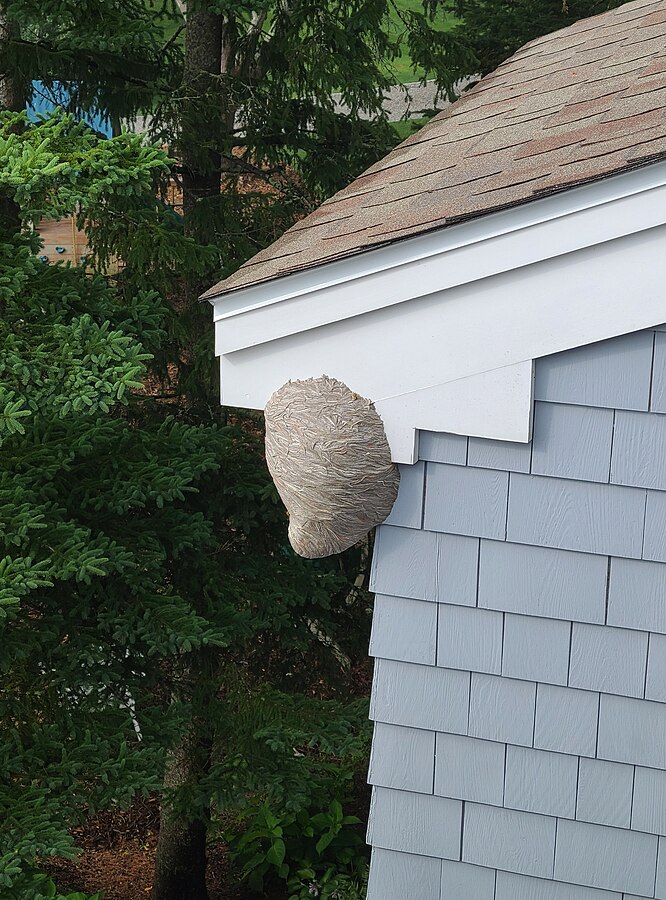Even in our modern world overflowing with artificial solutions, there’s an increasing trend toward natural ways to solve everyday problems, especially when it comes to warding off pesky insects. A perfect example? The growing interest in things like organic wasp repellent. Rather than dousing our environments with strong and oftentimes harmful chemicals, many opt for all-natural substitutes. Let’s explore some of them.
Natural Wasp Repellent: Friendly for People, Plants, and Pets

Traditional bug sprays and insecticides can harm more than just wasps and bees. They’re often damaging our ecosystems by negatively impacting plants and, if accidentally ingested, can even be harmful to our furry friends. Organic wasp repellent provides a refreshing alternative, efficiently deterring wasps while keeping our outdoor spaces (and the people and pets who enjoy them) safe.
Familiar Household Solutions for a Wasp-Free Backyard

Believe it or not, you may have a few effective wasp repellents sitting around your house right now. Here are some ‘at-hand’ strategies:
- Baby Powder – Dust a bit of this on your skin or hair and you’ve got yourself a personal wasp repellent. Keep in mind it also works against bees, flying ants, and mosquitoes!
- Dryer Sheets – Place some of these in vases around your backyard and you create an area with a reduced appeal for wasps; they dislike the artificial fragrance.
- Laundry Bleach or Starting Fluid – Spray these substances directly onto a wasp nest for a lethal take on wasp management. Please, remember to exercise caution if you decide to try this route!
The Power of Plants for Natural Wasp Control
It’s not just human creations that can deter wasps. Nature herself has a few potent options in the arsenal of organic wasp repellent.
- Wormwood
– Stick a sprig of this plant in your hair or fasten it to your clothing and watch as the wasps keep their distance.
- Neem or Rosemary Oil
– These oils, when diluted with water and sprayed onto wasp colonies, send the insects packing without actually harming them.
Combining Foodstuffs for Wasp Repellent

Even your kitchen isn’t devoid of wasp repellent. Check out these simple, yet intriguing, food-based methods to bid farewell to wasps.
- Garlic, Onion, and Pepper – Mix these, spray onto a wasp nest, and watch the insects wave goodbye to their home.
- Cucumbers – Slice fresh cucumbers around your picnic area. For some reason, wasps can’t resist the allure of fresh cucumber!
Fool the Wasps
Lastly, one intriguing method, artificial wasp nests, keeps these buzzers away by tricking them into believing the territory is already claimed. It’s all about intimidation!
In conclusion, making your yard a less inviting space for wasps does not necessarily require resorting to harsh chemical methods. Natural wasp repellents can be equally effective, and safer for plants, pets, and people while keeping the environment in mind.
Related Resources: